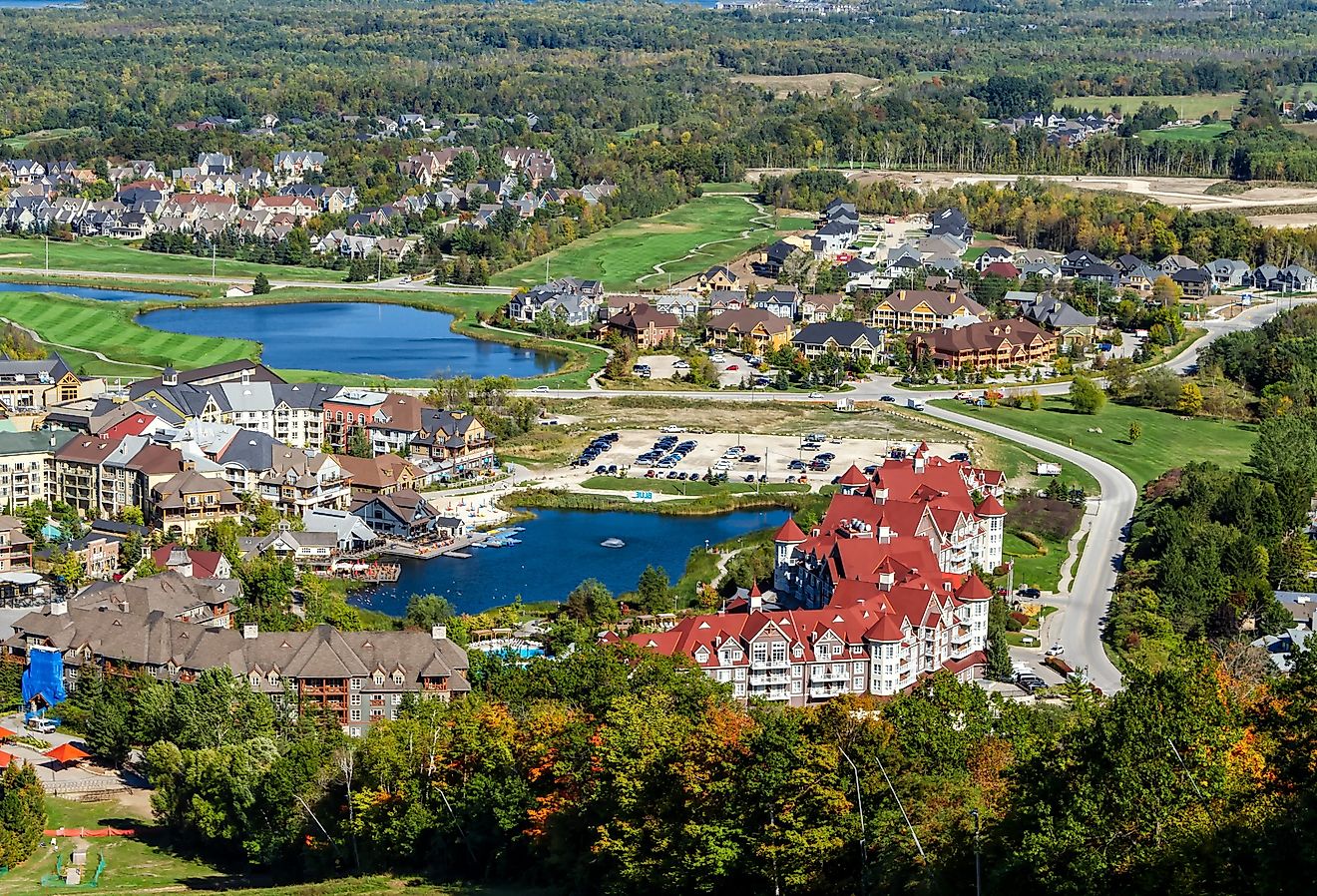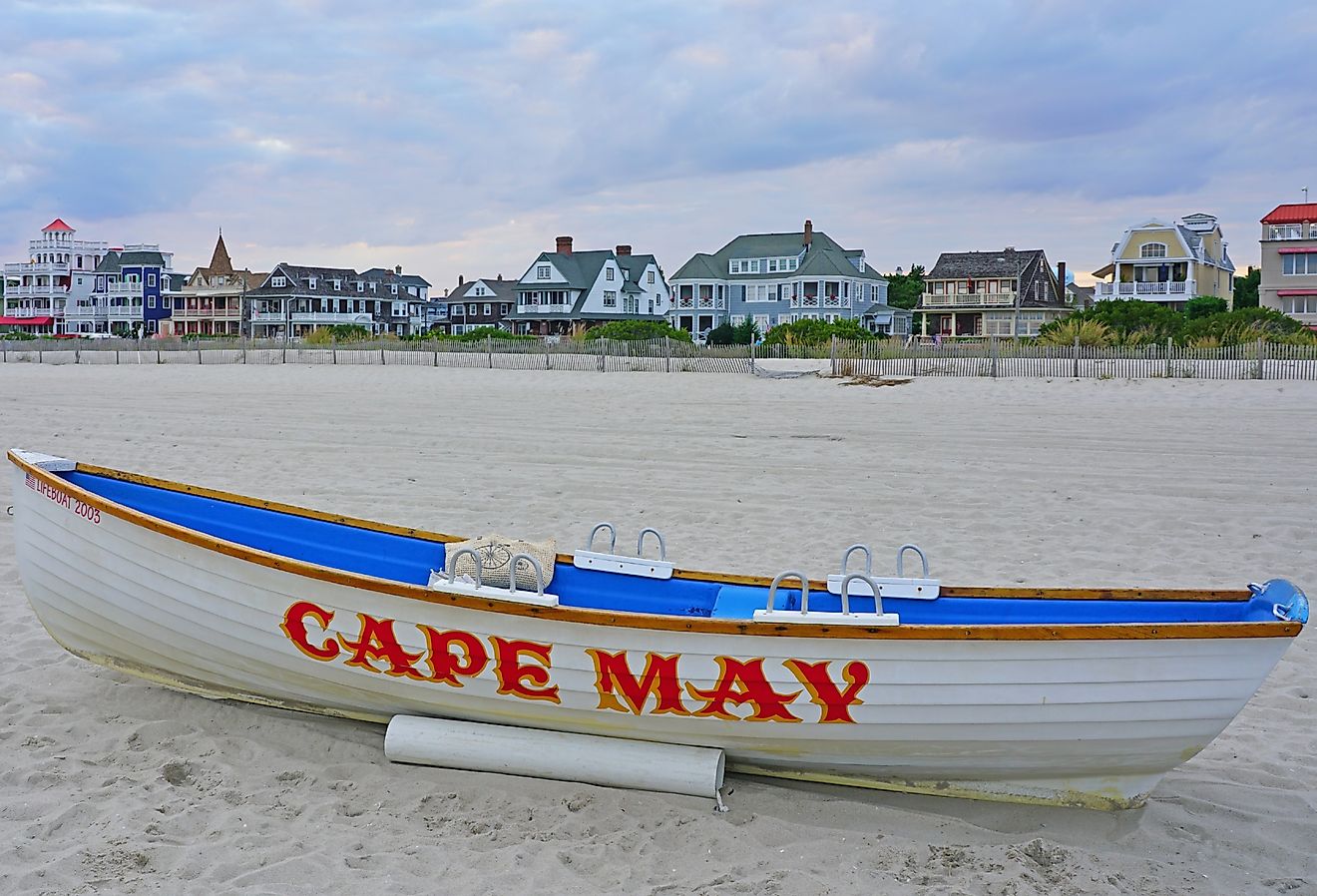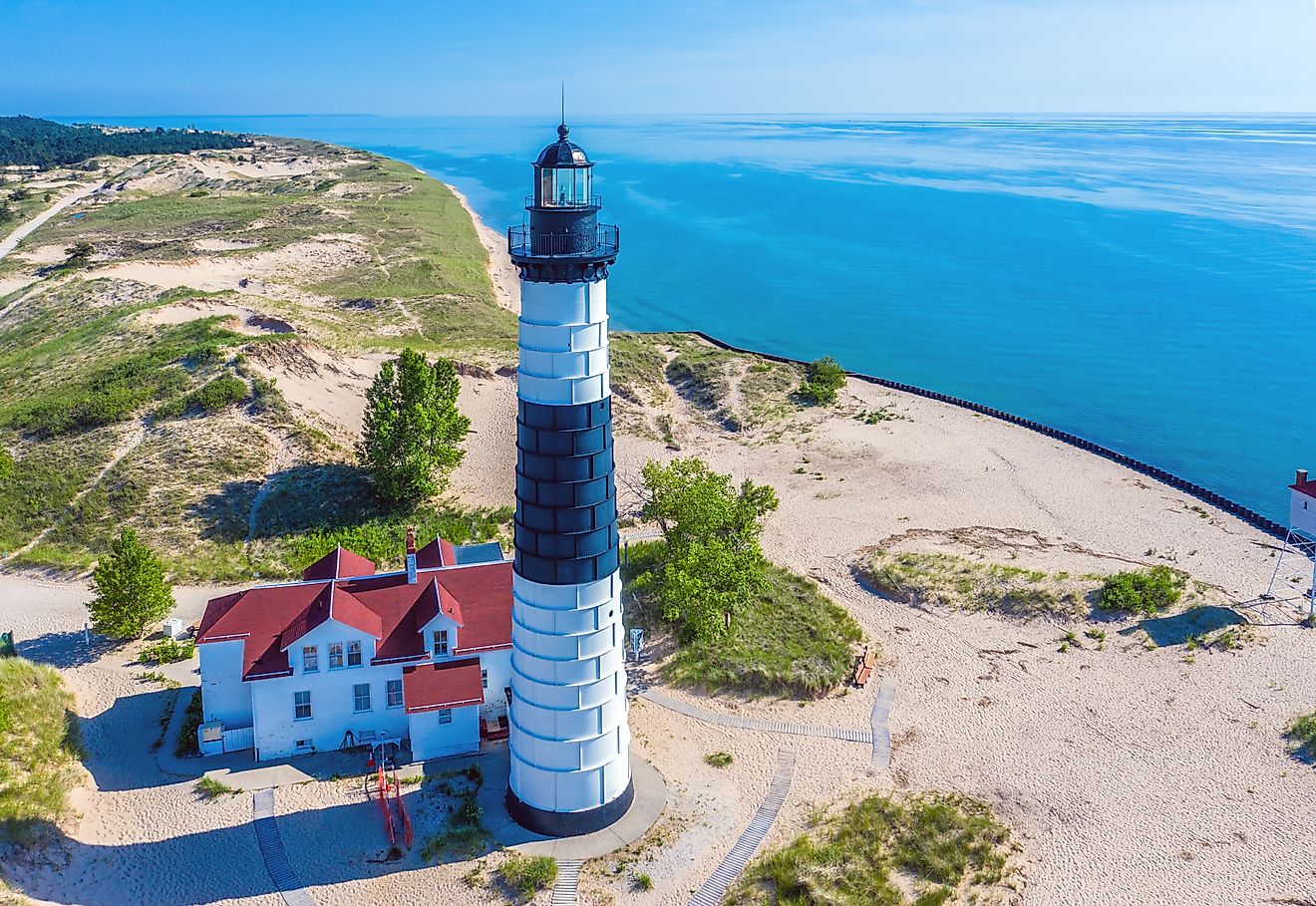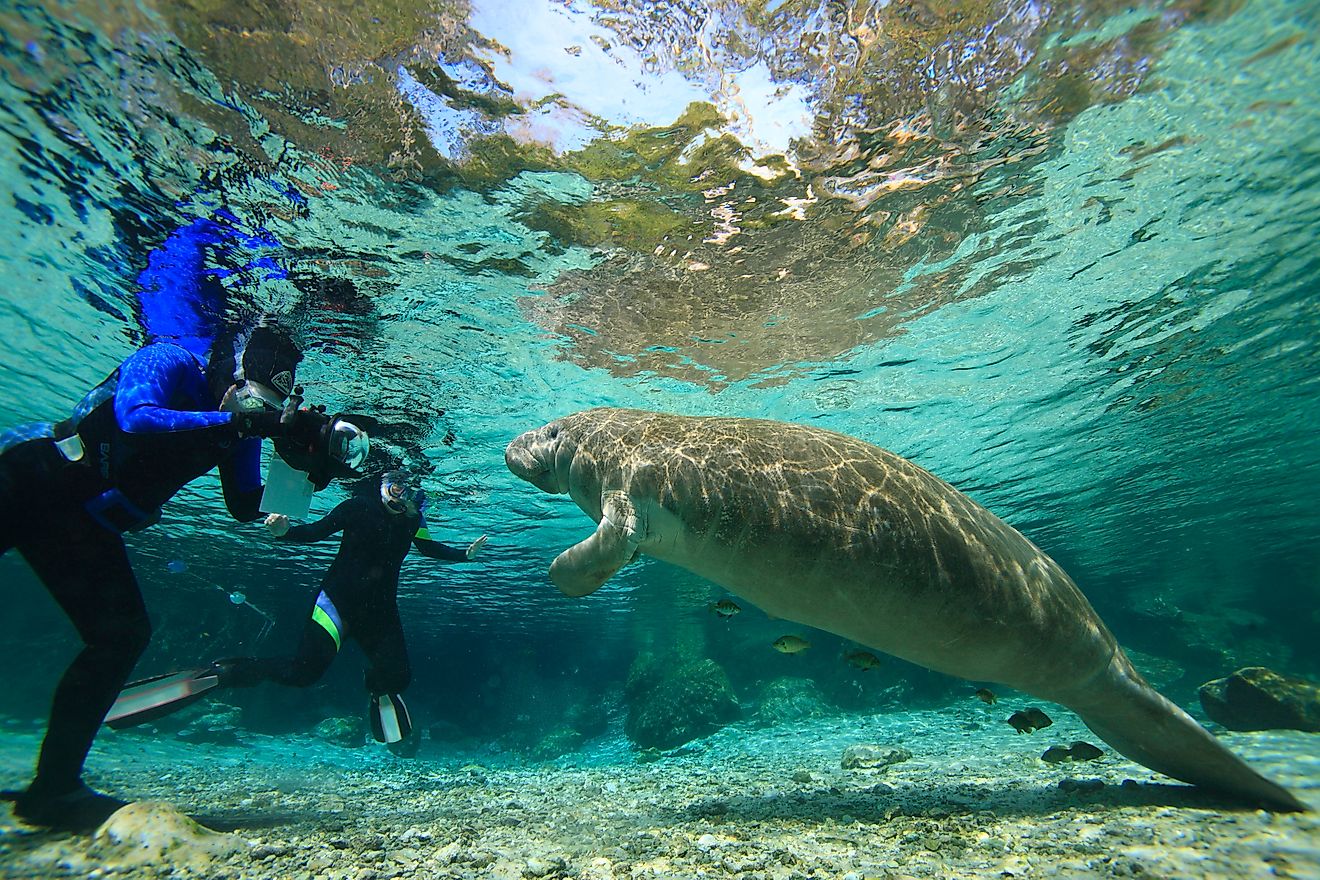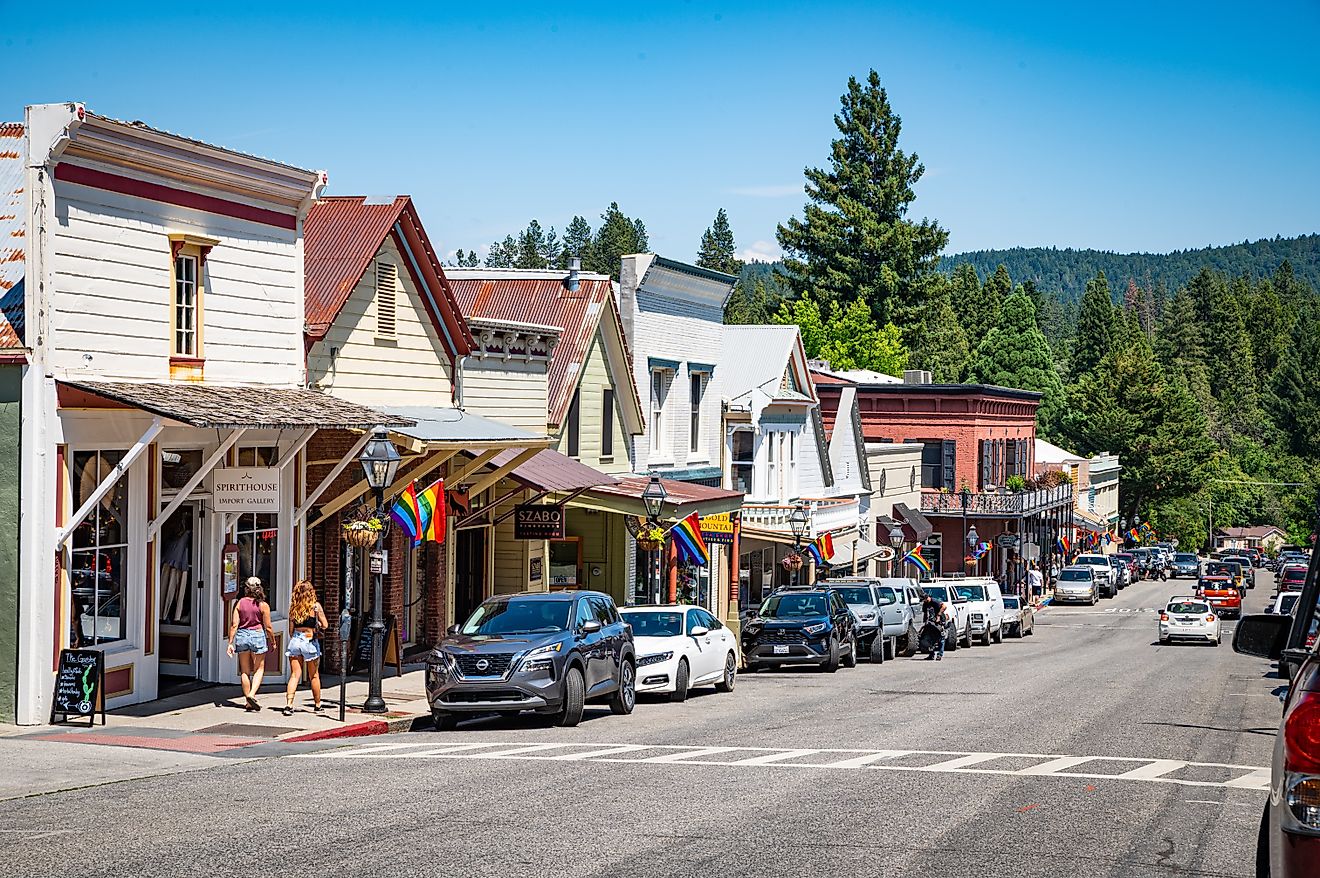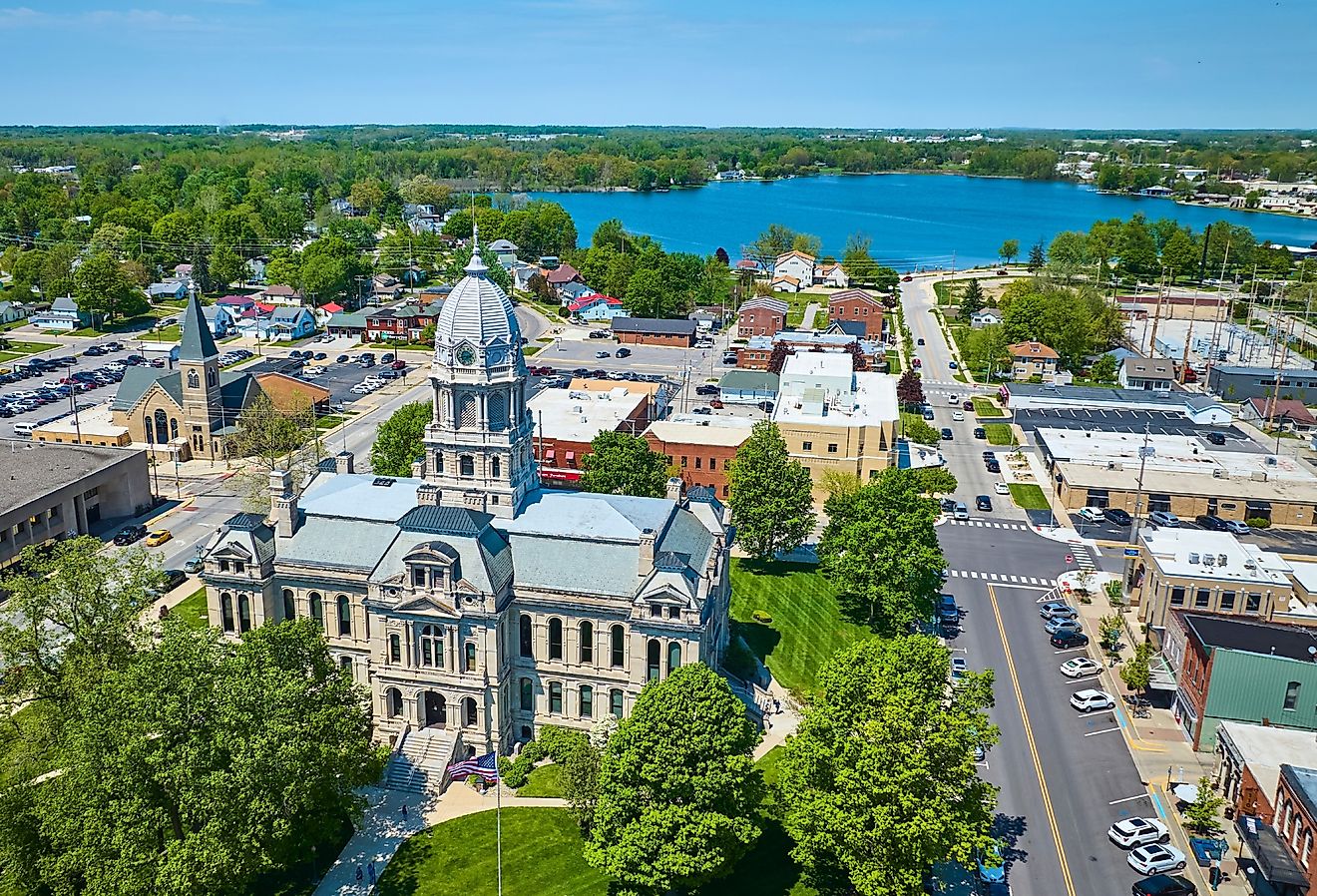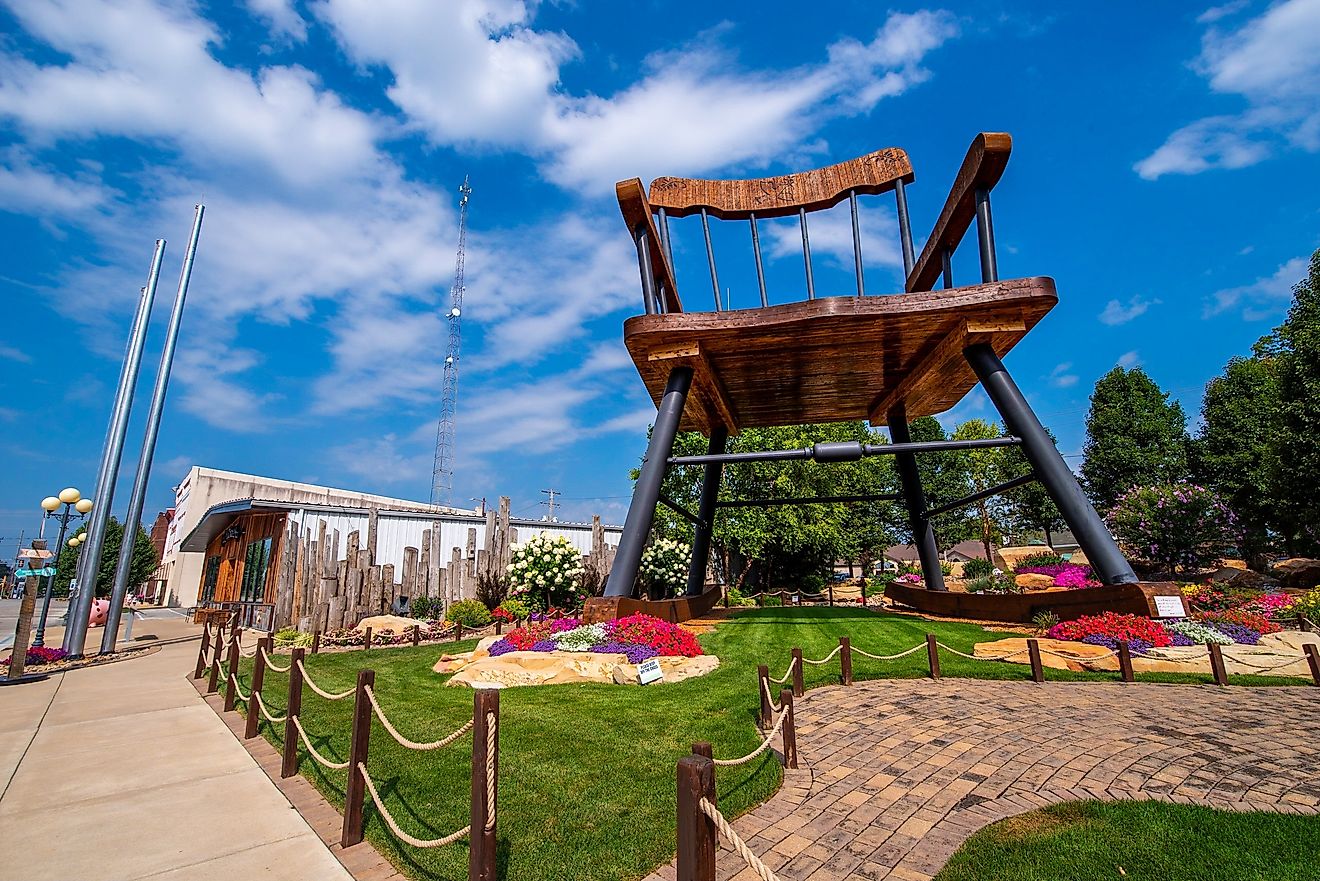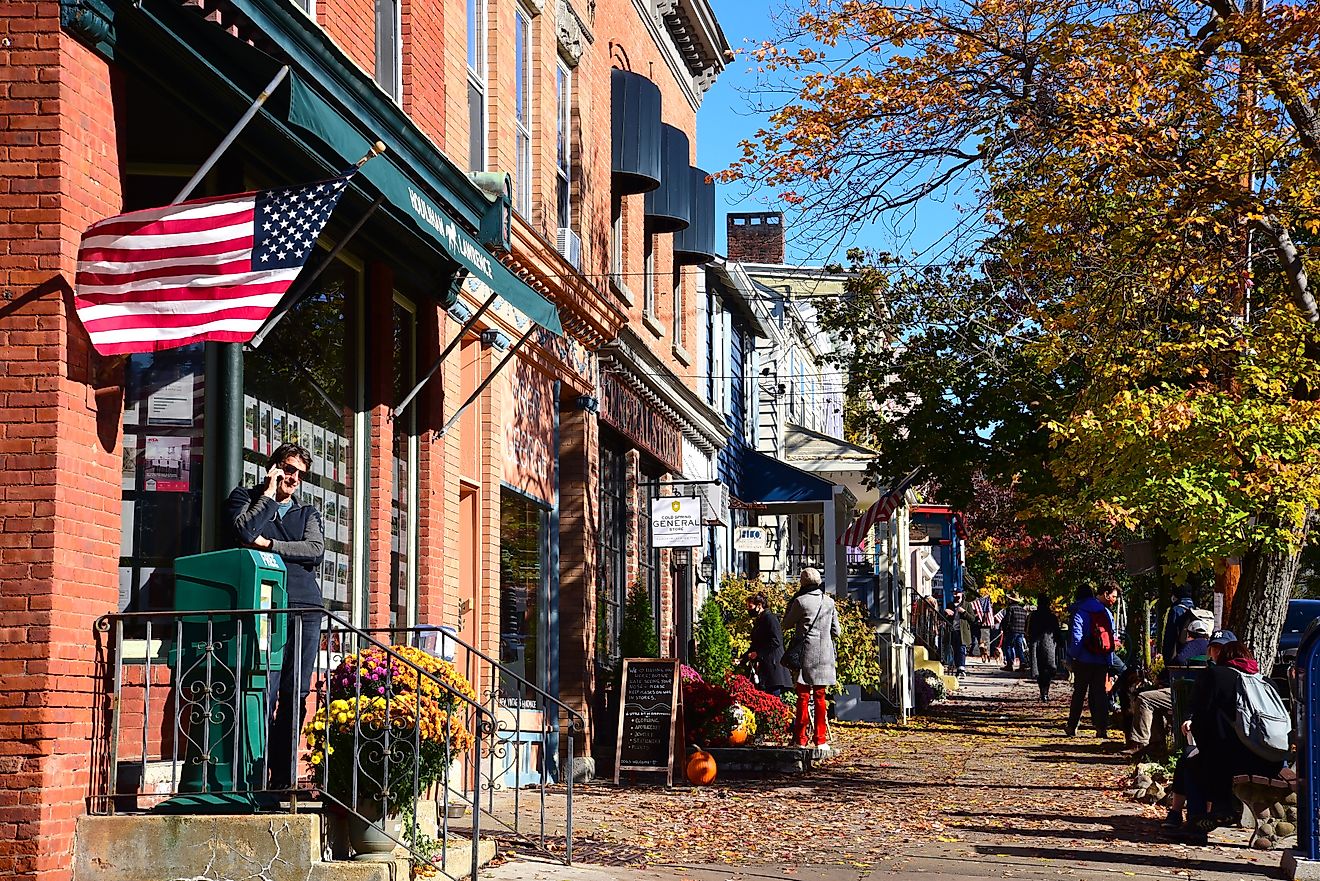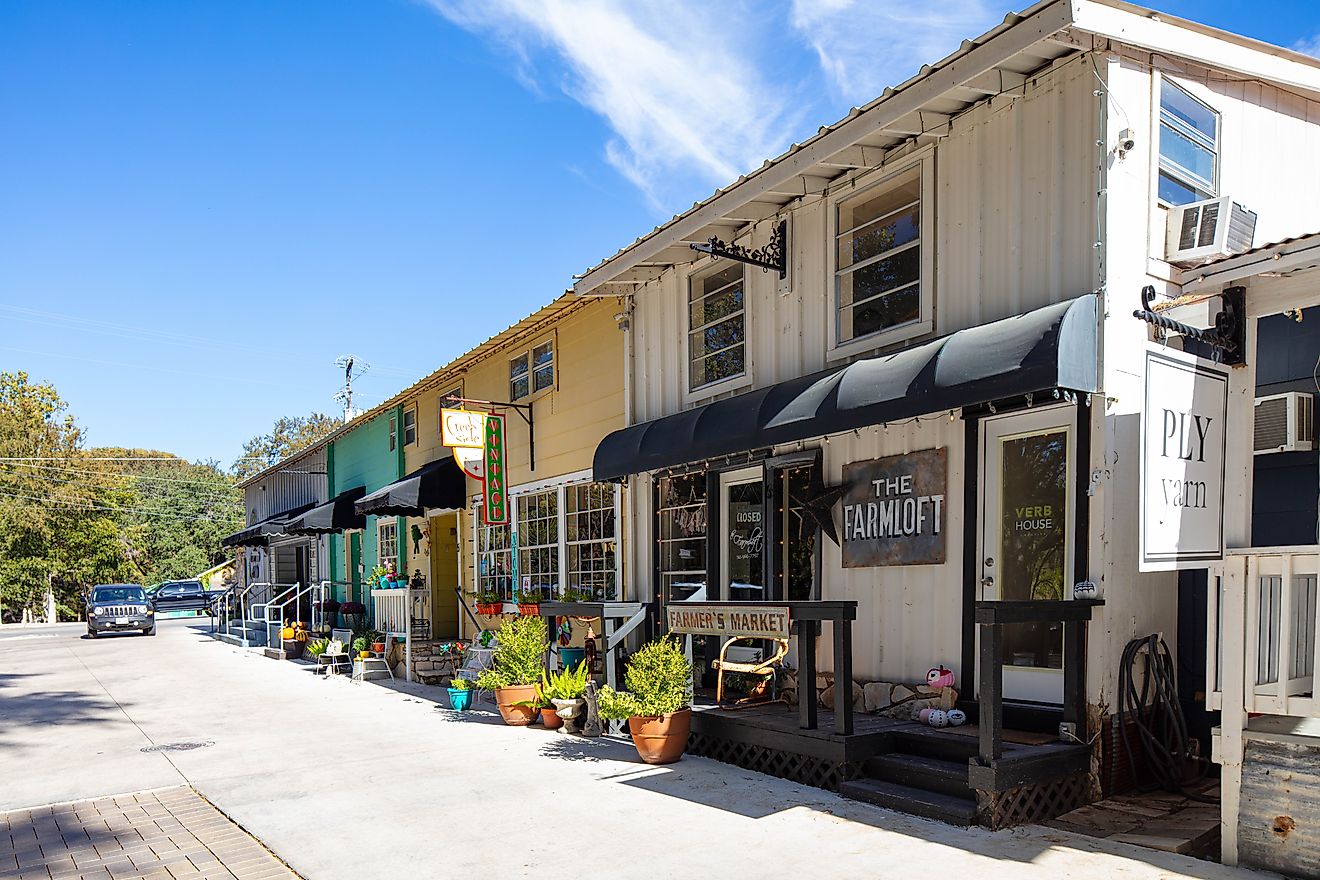
9 Underrated National Parks You Should Visit
The United States lays claim to some of the most world-renowned national parks. It is no wonder that tens of millions of people flock from all over to visit some of these monumental sites. However, a handful of protected landscapes attract a majority of the attention and acclaim. Places like Yosemite, the Grand Canyon, and the Great Smoky Mountains are deserving of their crowds, but there are plenty of other amazing spots in the US that warrant equal praise. Whether it is due to their remoteness, lack of infrastructure, or simply existing in the shadow of a nearby famous site, these nine national parks are generally under-visited and certainly, underrated.
Wrangell-St. Elias National Park and Preserve, Alaska

Several of Alaska's 7 National Parks could qualify for this list. They present a vast, untouched wilderness that has nowhere near the infrastructure or annual visitor count of many of the mainland US parks. Of these remote and beautiful lands, the largest, most underrated, and dare I say fairest of them all is Wrangell-St. Elias National Park and Preserve. At 13.2 million acres, this juggernaut landscape, which is not only the largest in the state but the largest in the country, rivals medium-sized European nations - and it is all protected land. Not only is the sheer mass to be marveled at, but so too is the elevation range - from sea level at the Gulf of Alaska to the 18,008-foot summit of Mount St. Elias, which is the second-highest peak in the US. Along the way are endless impressive mountain ranges and volcanoes, the highest concentration of glaciers in North America, miles of tundra, and scores of quintessential Alaskan wildlife. Not to be overlooked when considering other underrated Alaskan National Parks are: Lake Clark National Park and Preserve, Gates of the Arctic National Park and Preserve, and Denali National Park and Preserve.
National Park Of American Samoa

Situated some 2,600 miles South-West of Hawaii, the National Park of American Samoa is deep in the South Pacific and the only US National Park in the Southern Hemisphere. Samoa, meaning "Sacred Earth," consists of 5 volcanic islands, 3 of which are part of the land portion of the park: Tutuila, Ta'u, and Ofu. These islands are predominantly tropical rainforests, with sandy beaches punctuating the coastlines. The land is leased from 7 Samoan villages, which ensures a valuable partnership in preserving their unique culture, habitat, and Polynesian wildlife. The national park boundary also extends out into the ocean. 4,000 acres of the 9,100-acre park are protected waters. Because of the remote setting, this pristine place naturally excludes the RV crowds that frequent the mainland parks. However, adventurous travelers will be well-rewarded for the extensive flight time.
North Cascades National Park, Washington

Is it really possible that a stunning National Park, a mere 3-hours from the populated city of Seattle, Washington, can be a hidden gem? The annual visitor counts would suggest so. The neighboring Olympic National Park and Mount Rainier National Park both see millions of people each year, while North Cascades National Park receives traffic in the mere tens of thousands. The reason for the dramatic discrepancy certainly isn't for lack of wilderness appeal. The North Cascades features numerous waterfalls that run down from snow-capped, alpine-esque peaks, hundreds of glaciers, mythical old-growth forests, and no shortage of biodiversity. The blessing-in-disguise limiting factor appears to be a singular road that runs through the 1,200 square mile wilderness. Exploring this underrated park requires an adventurous spirit and a bit of backcountry know-how.
Big Bend National Park, Texas

Nestled in West Texas, Big Bend National Park is well worth traveling off the beaten path. Big Bend is an extension of the Chihuahuan desert and contains the entirety of the Chisos mountain range. Here, the classic national park images of lush scenery are exchanged for the semi-arid landscape that flows across the Mexican border. Though the noteworthy geology, fossil treasures, and rich human history are cause enough to explore this park, Big Bend truly stands out at night, as it receives almost no light pollution. Visitors should take advantage of the Lone Mine Trail to fully immerse in the cosmic wonder. It is truly breathtaking. For another underrated Texas-style nature experience, check out Guadalupe Mountains National Park.
Great Basin National Park, Nevada
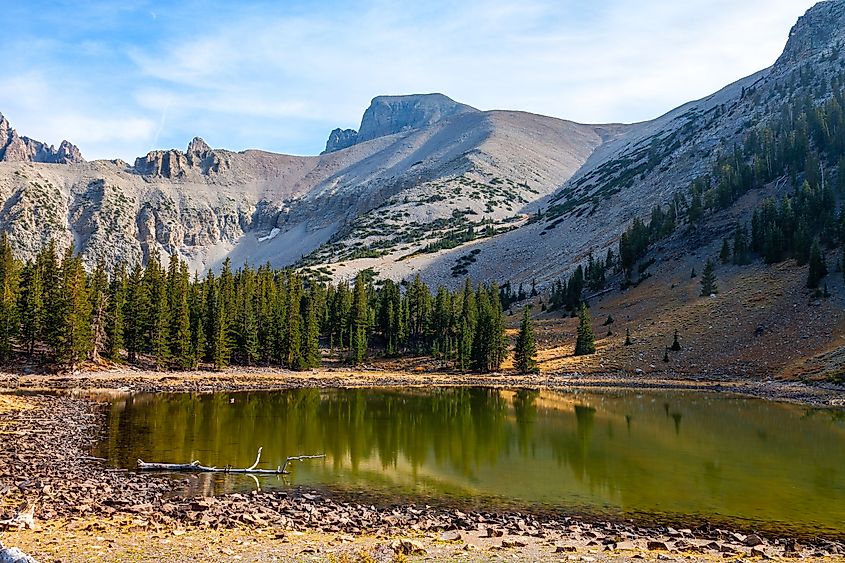
Within shouting distance of the indulgent mayhem of Las Vegas and the magnificent (but equally popular), Grand Canyon lies the bucket-list side-adventure to Great Basin National Park. The roughly 150,000 annual visitors can enjoy the varied landscape without the overwhelming crowds of some of the more iconic parks in neighboring states. Committed adventures may attempt to scale the 13,000 foot, glacier-capped Wheeler peak. Those looking to take to the underground may embark on a guided tour of the stalagmite and stalactite-rich Lehman Caves. And for anyone who wants to survey an unexpected range of vegetation, there is a mix of low and high elevation forests to explore. Though remarkably close to the lights of Sin City, Great Basin National Park is another gem for taking in the perspective-shifting night sky - in particular, The Milky Way.
Pinnacles National Park, California

Speaking of overwhelming crowds, these are a regular feature of many of California's otherwise splendid National Parks. Pinnacles National Park somehow avoids this unfortunate trade-off without sacrificing any of the natural appeals. The unique formations from which the park gets its name were created over the course of tens of millions of years by tectonic and volcanic activity and persistent erosion. Pinnacles National Park is a snapshot of an ever-changing landscape. The mountain ridges, talus caves, and jagged rock formations acts as a signal to hikers and climbers that ample fun is to be had. Bird-watchers will also be thrilled to catch glimpses of falcons, eagles, and the once nearly-extinct California condor.
Congaree National Park, South Carolina

The redwoods of Muir Woods National Monument or Redwood National and State Parks rightfully attract a lot of attention, but on the East coast, Congaree National Park is overdue for higher praise. Just outside of Columbia, South Carolina, is the largest concentration of champion trees in North America - a designation given for size and significance. The protected, old-growth hardwoods of Congaree National Park create one of the highest forest canopies in the world. In fact, 25 trees in Congaree take the crown for highest of their species in all of the US. Visitors can immerse themselves in the floodplain woods, and all the corresponding biodiversity, by strolling the 2.4-mile boardwalk loop or by taking a guided canoe tour.
White Sands National Park, New Mexico

Though nothing can be argued against towering mountain ranges, idyllic lakes, or majestic forests, it is also true that sand dunes offer an overlooked opportunity for fun and amazement. To be more accurate, the dunes of White Sands National Park are composed of gypsum crystals - mineral deposits left behind from evaporated lakes, which are then blown into the impressive and dynamic structures. These concentrated minerals are what give the sprawling landscape that extra shimmer. There are 275 square miles of dune fields throughout the park, 115 of which (i.e. 40%) are available for the public to explore. The rest is a designated military zone. The bizarre scenery and extreme temperature swings tend to keep the larger crowds at bay.
Cuyahoga Valley National Park, Ohio

Not far from Clevand and Akron, Ohio, lies the quaint and quiet Cuyahoga Valley National Park. What it lacks the jaw-dropping allure of some of the coastal, cayonous, or remote regions of the country, it more than makes up for with its bygone-era wholesomeness, verdant surroundings, and ample activities. There are hundreds of miles of bike paths and maintained hiking trails for the energetic, outdoor enthusiasts, including short circuits through The Ledges and an array of cliffside lookouts. For a more leisurely peruse of the park, visitors can ride the scenic railroad through forests and farmlands, cruise the Beaver Marsh boardwalk, or snap some pictures of the various waterfalls.
